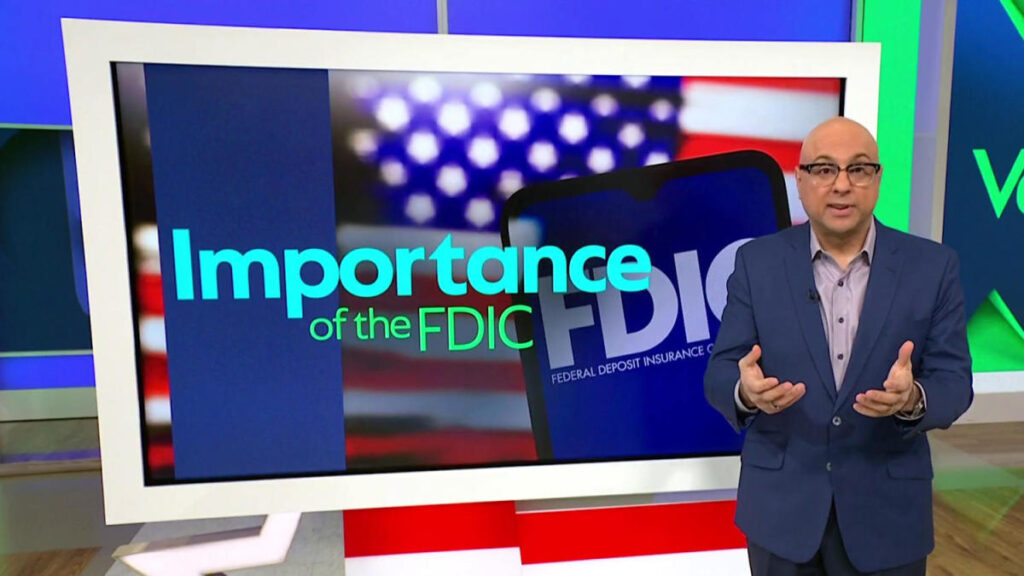The incoming Trump administration’s exploration into reducing or eliminating key bank regulatory bodies has raised concerns among economists and financial experts. The Federal Deposit Insurance Corporation (FDIC), established in 1934 during the Great Depression, serves a vital role in maintaining public confidence in the banking system. Its creation was a direct response to the widespread bank failures of that era, which led to mass withdrawals by depositors fearing for their savings. The FDIC insures deposits, thereby providing a safety net for consumers and contributing to financial stability. The potential dismantling of such institutions could destabilize the financial landscape by undermining the protections that have been built to prevent crises.
The fear of bank runs, where depositors rush to withdraw their funds en masse, underscores the importance of the FDIC’s mission. Without this assurance, public trust in the banking system could deteriorate, leading to more volatility in financial markets. Regulatory bodies like the FDIC are designed to prevent bank failures and protect consumers, fostering an environment conducive to economic stability. Critics of the proposed regulations argue that scrapping or consolidating these entities overlooks their historical significance and the lessons learned from past economic crises, suggesting that it could lead to a repeat of history.
In addition to the FDIC, the banking landscape is widely influenced by several other regulatory agencies, including the Office of the Comptroller of the Currency (OCC) and the Federal Reserve. Each of these organizations has its own set of responsibilities and roles in overseeing the safety and soundness of US banks. By reducing the number of regulators or merging their functions, the administration risks creating gaps in oversight that could allow for excessive risk-taking by banks. The 2008 financial crisis illustrated the consequences of inadequate regulation, leading to the collapse of major institutions and a significant downturn in the global economy. Learning from these events should prioritize strengthening oversight rather than reducing it.
Moreover, the concept of deregulation, while framed as a way to promote efficiency and economic growth, can have unintended repercussions if not managed with care. Historical evidence suggests that periods of lax regulation often correlate with financial disasters. The dismantling of regulatory frameworks could create an environment that fosters unethical practices and reduces accountability in the banking sector. Stakeholders, including consumers, small businesses, and investors, could all potentially suffer if the impetus for increased regulation is lost. Therefore, maintaining a robust regulatory system is essential for ensuring long-term economic health.
The Trump administration’s proposed changes could face significant backlash from various sectors, including consumer advocacy groups, financial professionals, and even some lawmakers. Advocacy groups highlight the importance of protecting consumers, especially the most vulnerable populations who rely heavily on accessible and trustworthy banking services. Additionally, financial professionals express concern that destabilizing the regulatory framework might open the door for risky financial behaviors that could lead to severe repercussions for the economy at large. Public sentiment around the role of regulators remains largely favorable, bolstered by the impacts of the last financial crisis, which serve as a constant reminder of the significance of regulatory oversight.
In conclusion, the discussions surrounding the potential scaling back or elimination of major banking regulators signify a critical juncture for the U.S. economy. While proponents argue for greater flexibility and reduced government interference, the potential risks associated with diminished regulatory oversight outweigh these benefits. A robust regulatory framework, including the continued existence of entities like the FDIC, is essential for ensuring financial stability and public trust in the banking system. The past has taught us valuable lessons, and ignoring the necessity of these safeguards could lead to an era marked by instability and uncertainty. The call for careful consideration and defense of our financial regulatory systems has never been more crucial.

